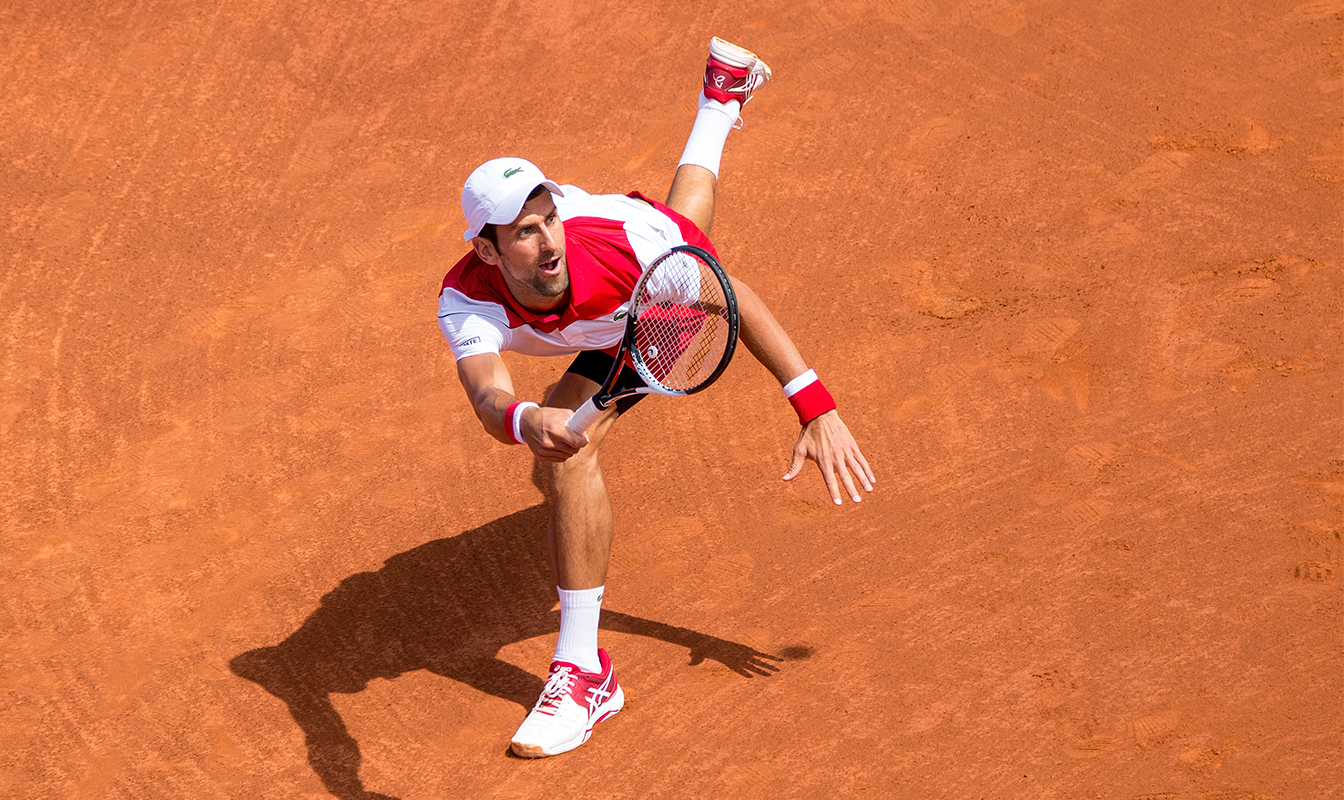One key principle that we emphasize during any crisis is the need for organizations to avoid leaving an information vacuum that others will fill.
For whatever reason, perhaps including political sensitivities and other complexities of which we are not aware, Tennis Australia, the governing body that hosts the Australian Open each year, left such a vacuum during the visa situation involving Novak Djokovic. From the time Djokovic was denied entry to the country on January 6th, it took the organization a total of fourteen days to release an official statement:
The board of Tennis Australia, supported by its Member Associations, would like to issue the following statement in relation to the Australian Open 2022. We would like to make clear from the outset that we respect the decision of the Immigration Minister and the finding of the Federal Court of Australia over the weekend.
Tennis Australia has been working closely with both the Federal and Victorian government for the past year to deliver a COVID safe Australian Open for the players, staff, and fans.
As one would expect, many others rushed in to fill the vacuum. Just over the last seven days, the hashtag #boycottAustralianOpen has been posted or shared over 37,472 times on social media. Players like Nick Kyrgios and Tennys Sandgren have publicly voiced their displeasure with the tournament. And the media have labeled the incident as a no-win situation for all involved.
Look I definitely believe in taking action, I got vaccinated because of others and for my mums health, but how we are handling Novak’s situation is bad, really bad. Like these memes, headlines, this is one of our great champions but at the end of the day, he is human. Do better.
— Nicholas Kyrgios (@NickKyrgios) January 7, 2022
https://twitter.com/DrEliDavid/status/1482291019370700801
What can we learn?
The Australian Open hasn’t even wrapped up, and already the national spotlight has turned to tennis’ next slam event – the French Open in May, where vaccination requirements have the potential to force a similar issue. Having worked with the ATP and WTA Tours and tennis stars like Venus and Serena Williams, and Maria Sharapova, my recommendations to those running these events would be the following:
Make sure you are on the same page with all levels of government
As the incident with the Australian Open showed us, it is of the utmost importance that you double and triple check rules and regulations at the local and state levels to ensure that everyone is on the same page regarding visa requirements, rules governing exemptions from vaccinations, etc. Much of the Djokovic dispute was about process, not the vaccination requirement per se.
Be transparent and clear with your policies and procedures
Make sure that all the government’s rules and regulations concerning vaccination (or other Covid restrictions, such as testing) your event are clearly articulated to your constituents – especially players and their support staff. In addition to written documents, we would recommend using video and infographics to help all parties understand the picture. If a crisis does occur, these same materials could prove to be useful assets with the media.
Resist the temptation to bunker down
When an issue enters the public domain, especially one that is politically charged, make sure that you are communicating early and often. Pre-approved statements can help in providing a prompt response.
Support the vitality of the event
As some of the tweets showed, critics contended that the event itself had been diminished, and that its results would be tainted because of the exclusion of its defending champion and top seed. It is essential to communicate, without necessarily taking sides in the visa issue, that the continuing vitality and integrity of the tournament does not depend on any one player.

